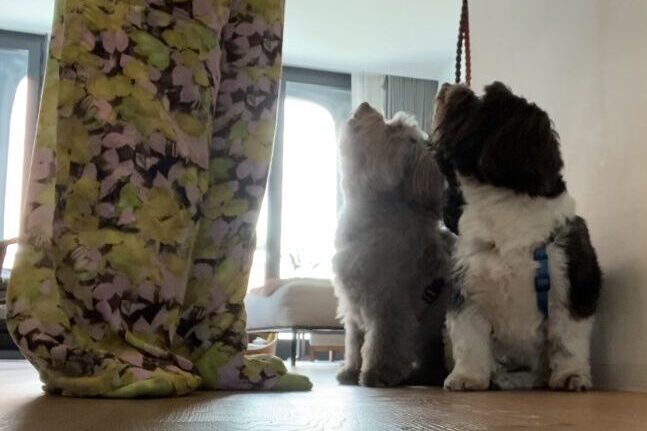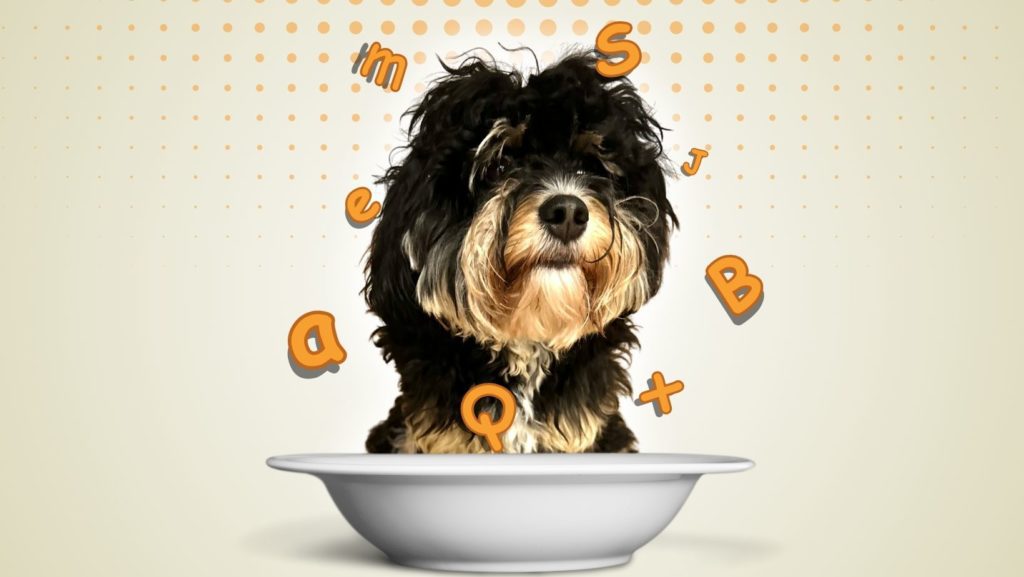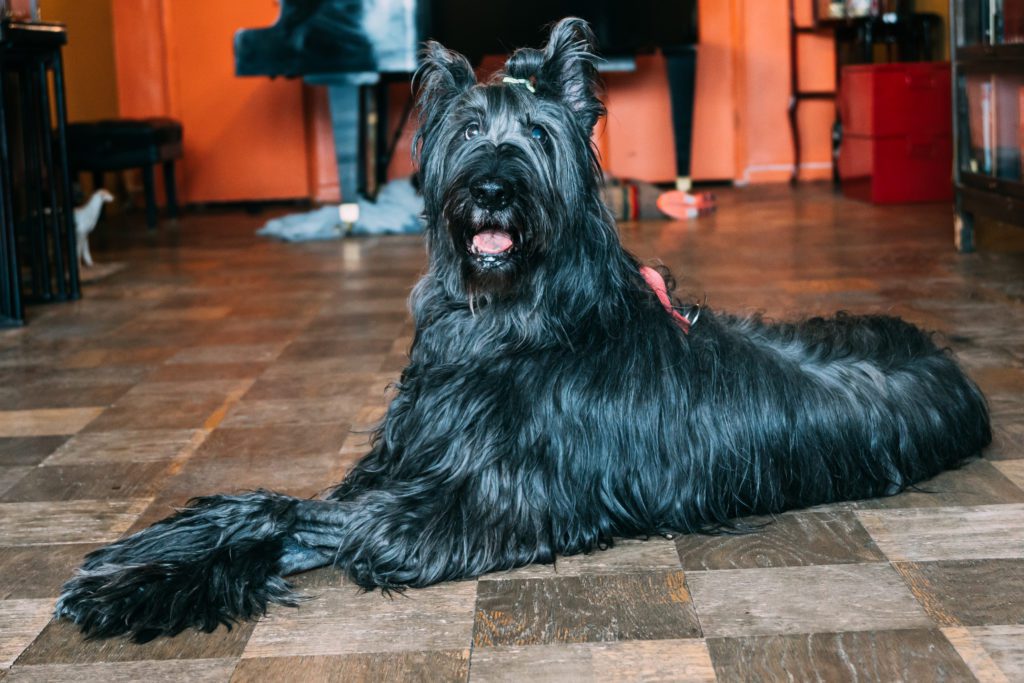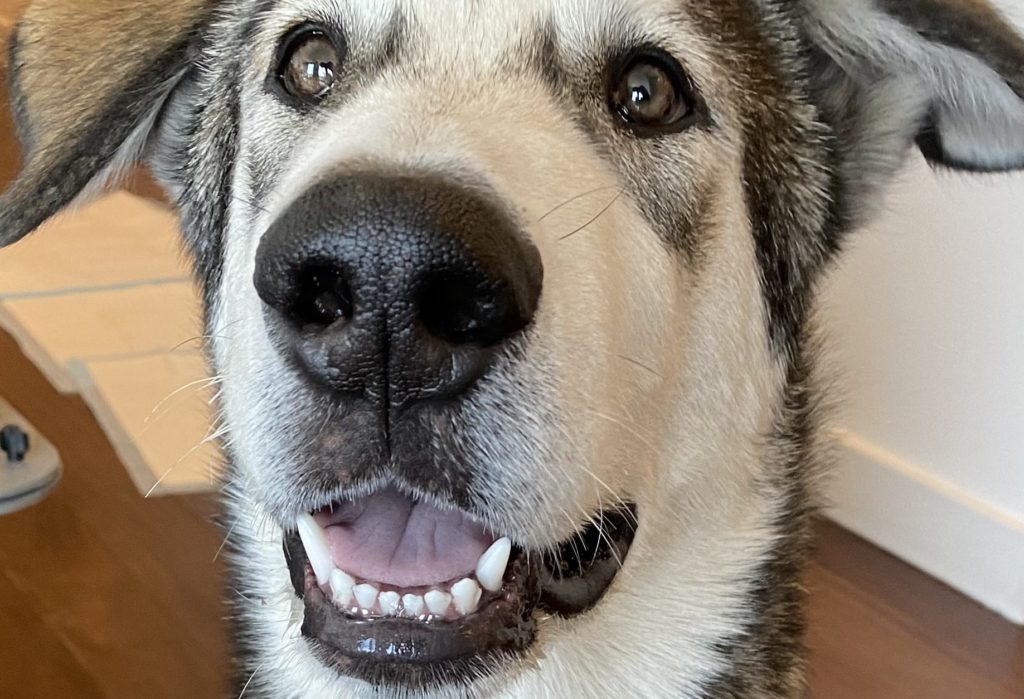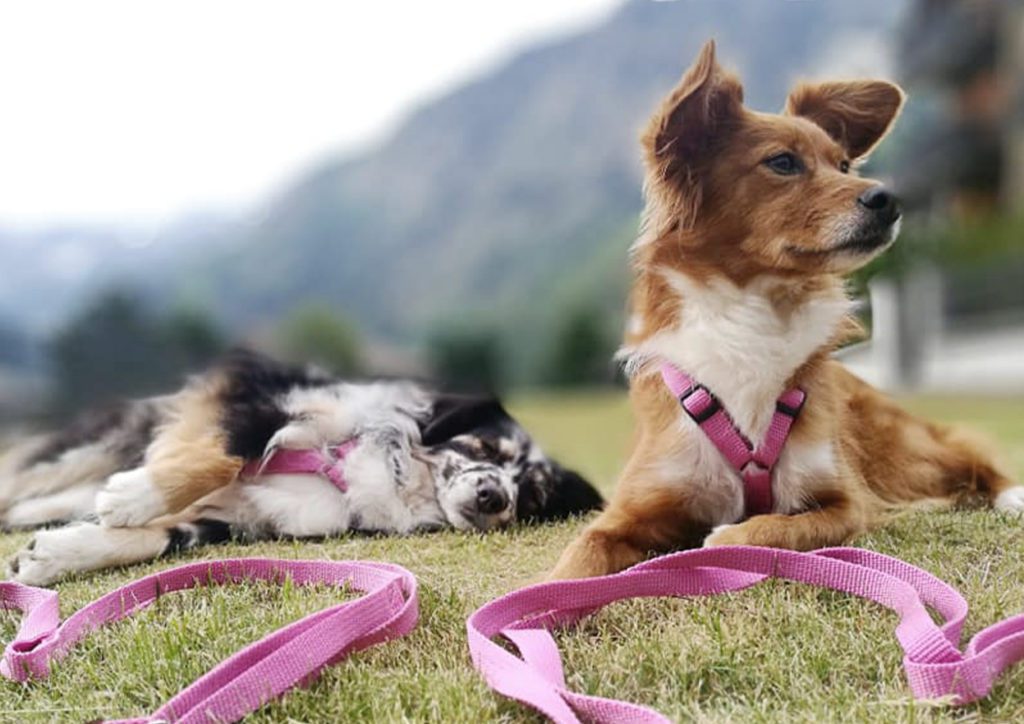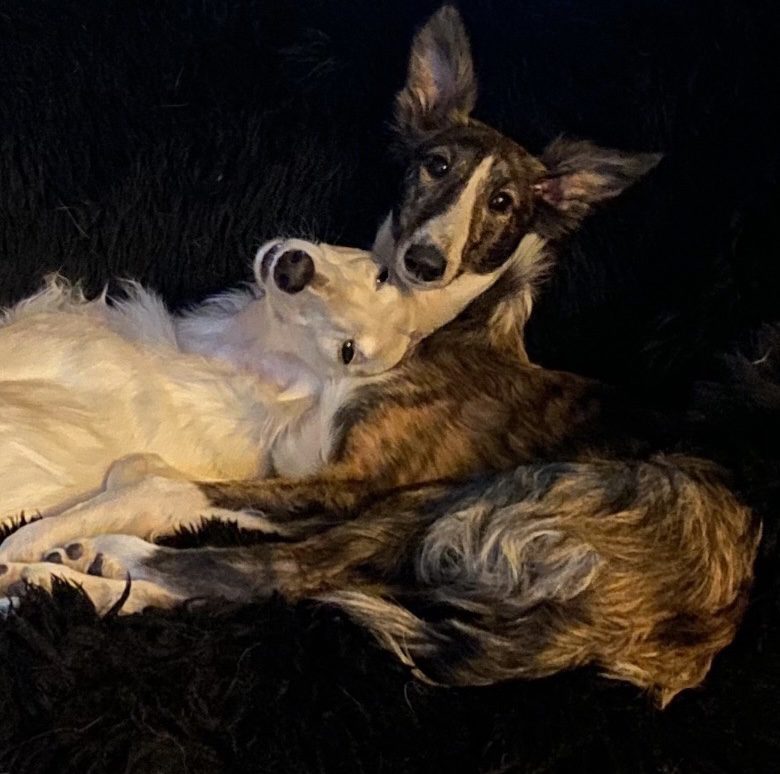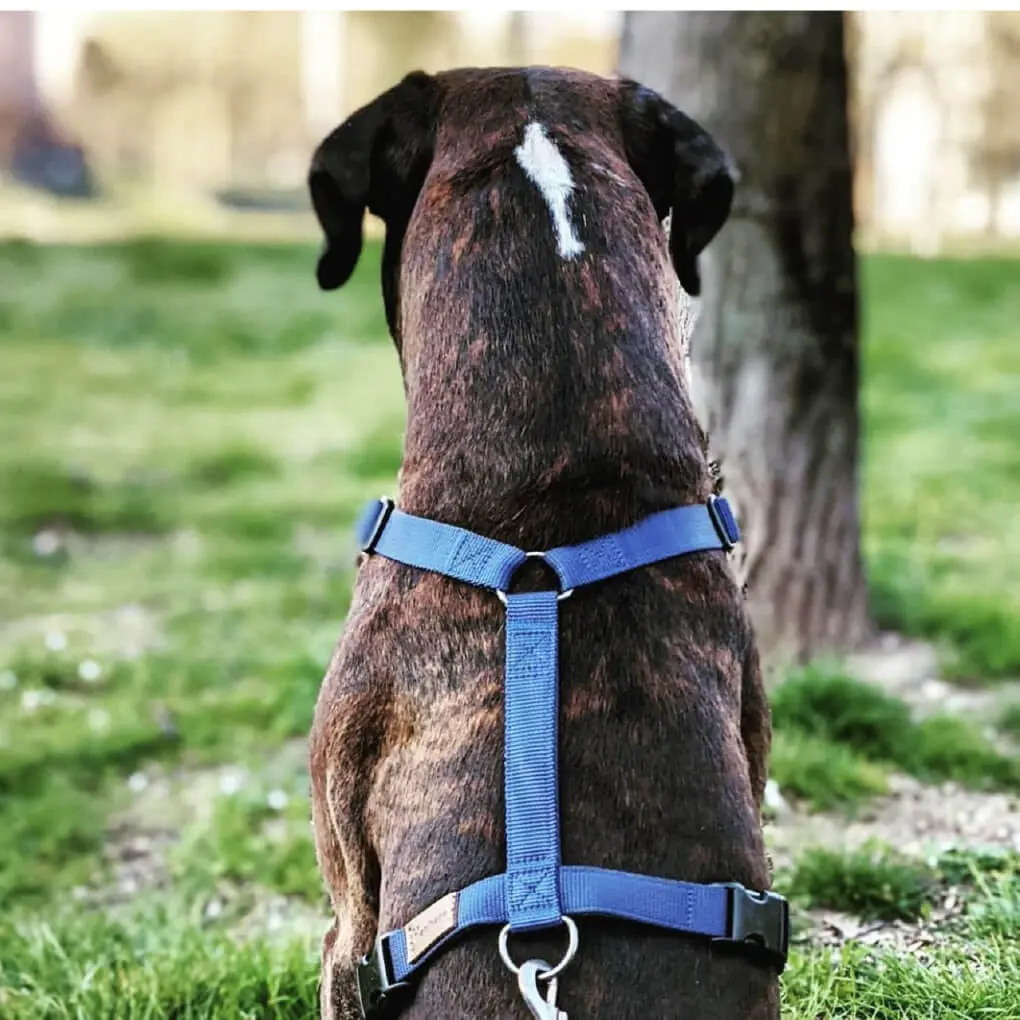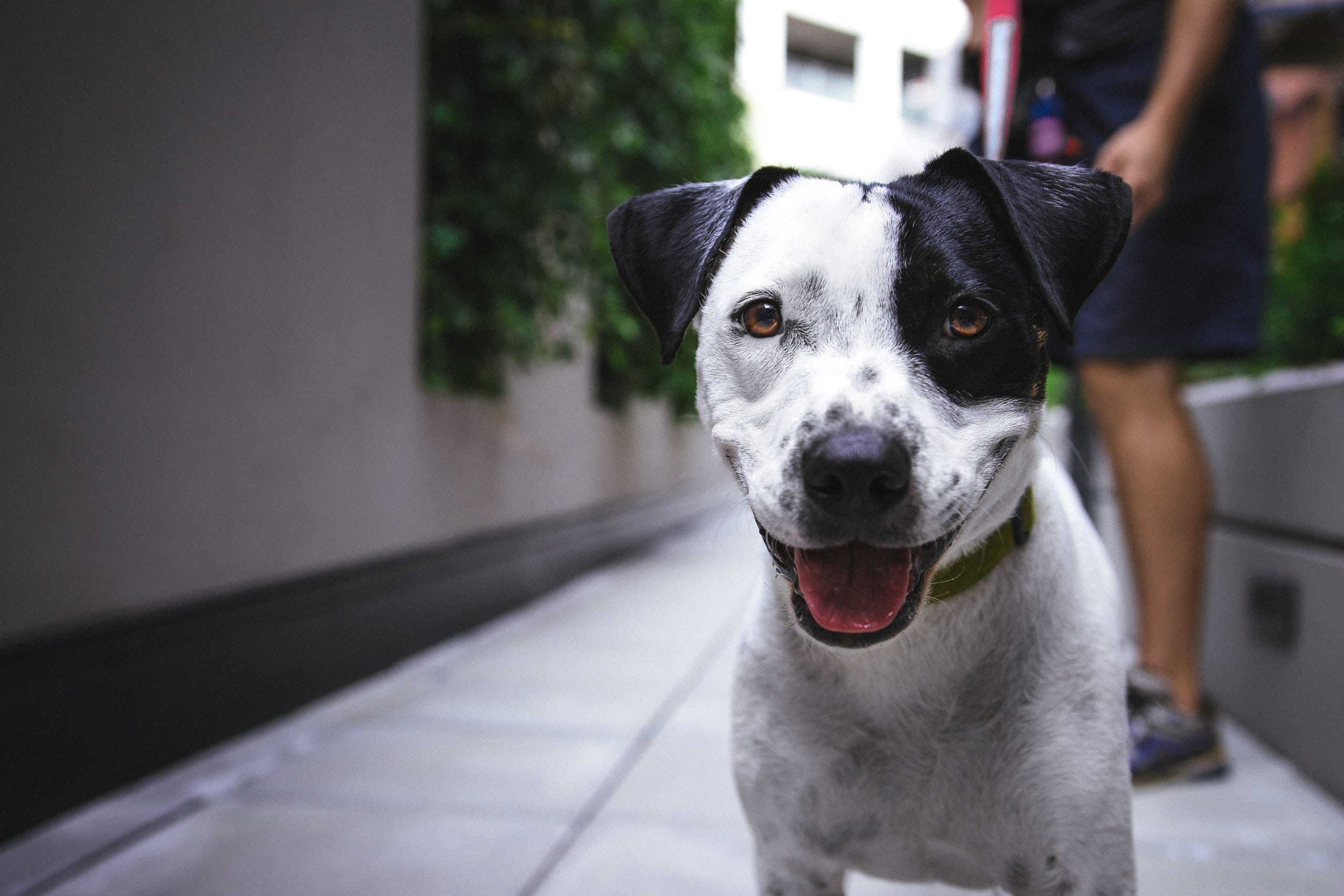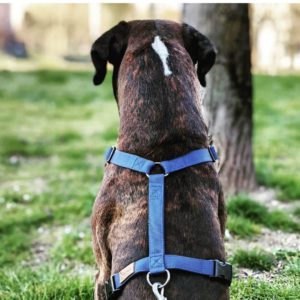What do You Expect from Your Puppy?
In your mind, you paint a picture of all the things you’d like to do with your dog, the way your dog is going to interact with you, and the wonderful relationship you will enjoy.
When you have that image in mind, you don’t really think about all the other behaviors your puppy naturally will perform also.
But they are bound to happen: the “zoomies”, the “munchies”, the leaps and tugs. Those are perfectly natural behaviors, but they weren’t really part of your intended “palette” of behaviors.
When people talk about their pup’s behaviors, they mostly start by reporting the jumping up, the nipping the chewing, the peeing in the house.
Never do they start with how playful the puppy is, how the puppy likes chicken, loves his toys and likes to rest gently touching their feet, yet those are all just as much a part of who the puppy is as the “annoying” behaviors.
To me, there’s a better way to think about the way we interact with and “train” our dogs and puppies, and it begins with shifting from a black and white view of “good” versus “bad” behaviors towards one that focuses on shaping behavior as a whole.
Changing Your Frame of Mind: The “Frame” Vs. The “Painting”
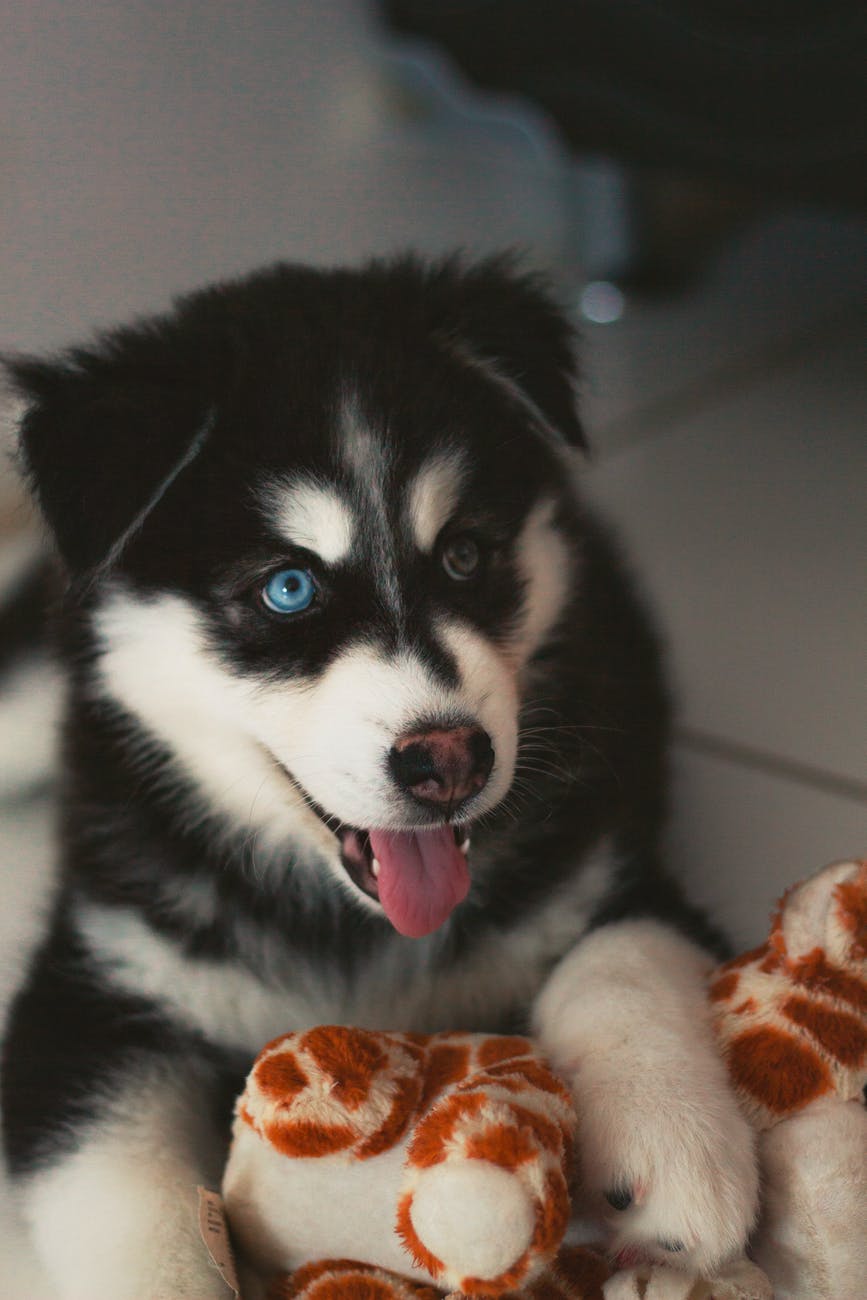
Culturally, we seem to be tempted to only react when the behaviors go “outside the lines”. We concentrate on reining in behaviors that go “over the line” instead of cultivating the many offered behaviors already present within our pictured framework.
If you were painting an image, would you constantly concentrate on the times your paintbrush slipped outside the frame? No! Well, only if you were neurotically counting mistakes!
When creating a painting you would want to concentrate on making the colors stronger, adding more and more layers of paint, making the images clearer and more expressive by adding more details and variety. You would practically ignore the brush strokes going “outside the lines” because they are not contributing to the essential focus of the picture. The focus would be entirely on the desired outcome.
In my mind, behaviors are shaped and nurtured just like that. If you notice something you like: reinforce that! Suppose you want more of that funny head tilt your puppy offers naturally: reinforce that and you will get more of that. Likewise, if your puppy happens to lie calmly on the floor next to you: reinforce that!
From Behavior Training to Behavior Reinforcement
In essence, “training” your puppy becomes more of an ability to observe what wonderful seeds of behavior are already being offered and reinforcing them.
All reinforced behaviors will increase in frequency going forward, creating a more rewarding relationship for both your and your dog.
These behaviors become desirable to the puppy because they know they will earn positive reinforcement, and – eventually – those behaviors will become self-reinforcing.
Additionally, your puppy will pay attention if you start an interaction and be ready to engage with you. When you notice them mostly when they have been “bad” and broken out of the acceptable framework, you will confuse them and inadvertently reinforce that out-of-the-frame behavior.
Choose Lifelong Guidance over Training Sessions
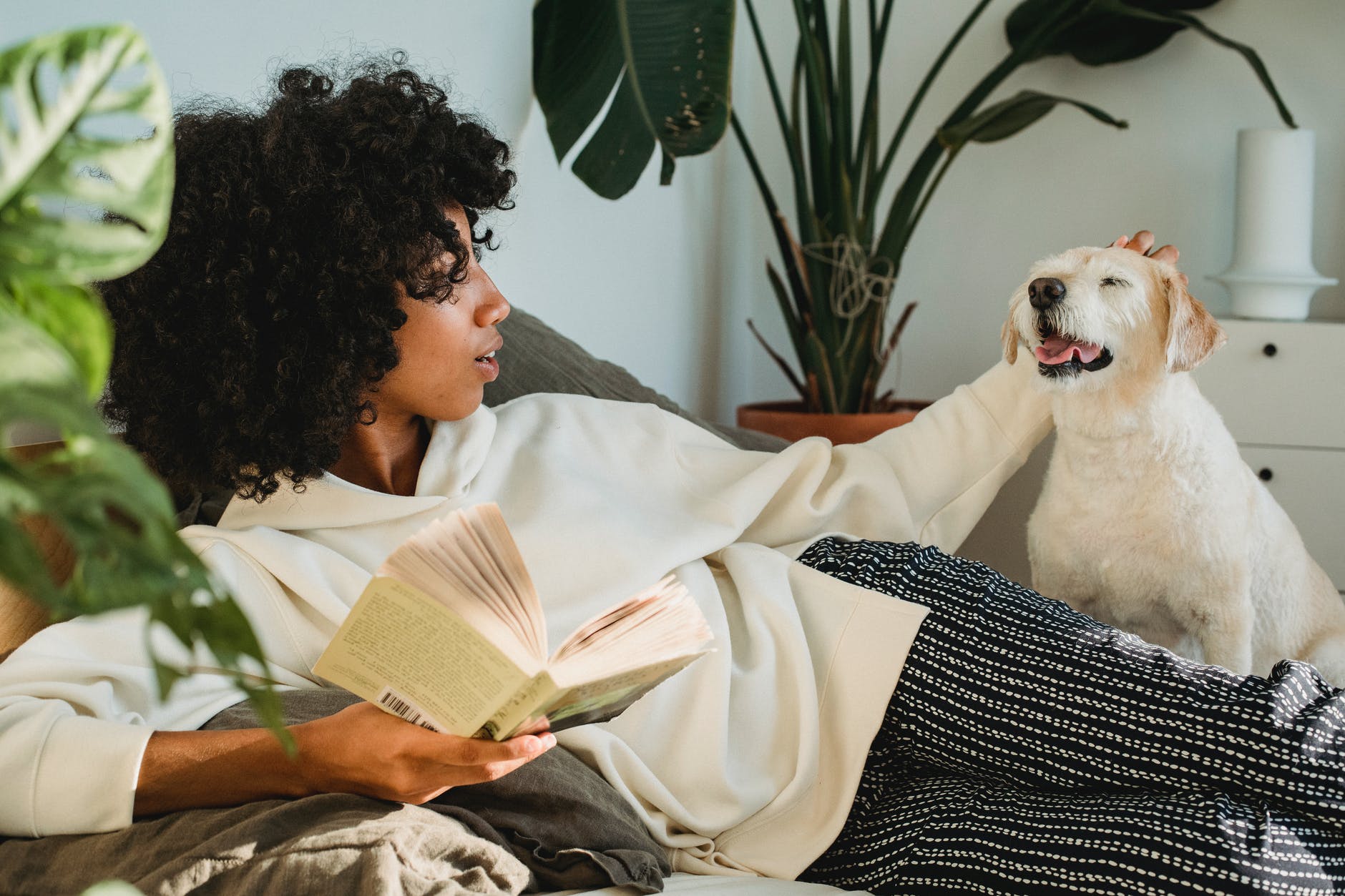
At DogRelations, I strongly believe that “training” is really mostly a purposeful way of interacting with your dog throughout the day rather than a separate training session that has to be carved out of your busy day.
Yes, of course you want to play games with your dog that teach them specific skills that become part of their repertoire and provide them with mental stimulation throughout their lives. But, if you think you can have a well-behaved dog solely by teaching them “sit” and “down”, there’s a good chance you’re setting yourself up for disappointment – guiding your dog that way won’t encourage the development of an overall “well-behaved” companion.
Most importantly: Keep your focus on the behavior “painting” you can create together, and you will enjoy beautiful results.



